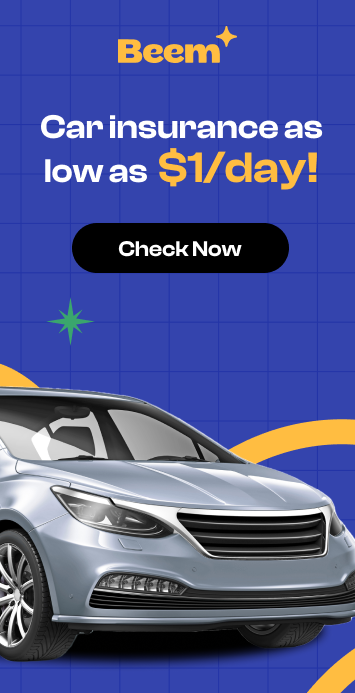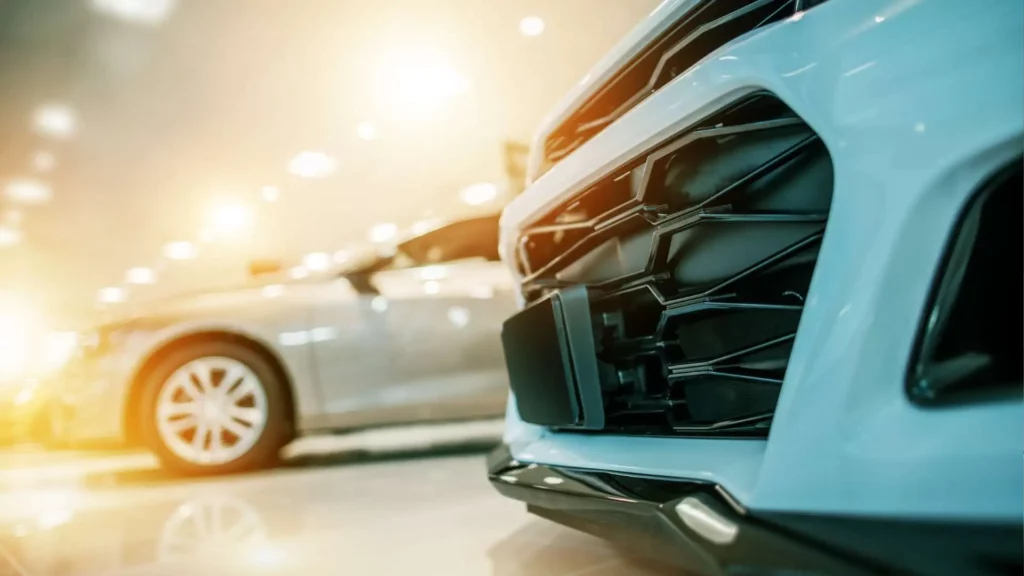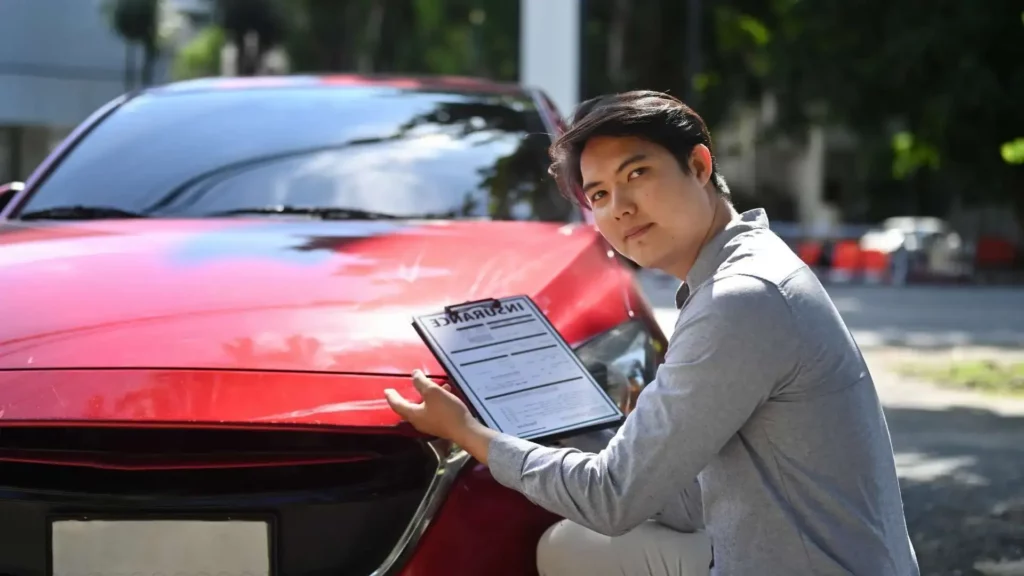It’s crucial to safeguard your investment whether you purchase or rent an automobile. Car insurance does not cover every possible scenario. Exclusions may include intentional damage, racing incidents, and driving under the influence. Wear and tear, mechanical failures, and personal belongings inside the car are typically not covered. It’s crucial to understand policy limitations to ensure comprehensive protection.
What Does Car Insurance Not Cover?
Custom Parts, Modifications, And Upgrades
Custom parts and upgrades often require additional coverage beyond standard policies, which may have limited coverage for aftermarket modifications. It’s crucial to assess the value of these enhancements and consider specialized insurance for adequate protection.
Intentional Damage
Auto insurance does not cover deliberate damage to your vehicle or others. Fraudulent attempts to profit from intentional damage can lead to claim denials, policy cancellations, and legal consequences. Insurance is made to protect against unforeseen events, not intentional harm.
Losses Above Your Policy Limits
Car insurance has predefined limits, and any losses surpassing these limits may result in out-of-pocket costs. It’s advisable to carefully evaluate your coverage limits and consider higher limits or an umbrella policy, especially if you have significant assets.
Mechanical Breakdowns
Standard auto insurance typically excludes coverage for mechanical breakdowns unrelated to covered perils. Mechanical breakdown insurance (MBI), akin to an extended warranty, covers non-collision-related failures and is recommended for newer vehicles with limited mileage.
Pet Injuries
Pets injured in accidents may not be covered by default. Some insurers offer optional coverage for pet injuries, while others do not. To ensure coverage for your furry companions, explore insurance providers that explicitly include protection for pets involved in covered incidents.
Personal Property Left In Your Car
While comprehensive coverage protects against car theft, it doesn’t extend to personal belongings left inside. Valuables like electronics are typically covered by renters’ or homeowners insurance. It’s essential to be aware of these limitations and secure separate coverage.
Racing
Traditional auto insurance does not cover damages incurred during racing or stunt activities. Racing events require specialized motorsport event insurance to address the heightened risks associated with high-speed driving and potential accidents on the track.
Rideshare, Delivery, And Other Commercial Use
Regular auto policies exclude coverage for commercial use, including ridesharing and delivery services. Individuals engaged in such activities should secure commercial insurance or explore add-ons offered by some insurers specifically tailored for rideshare drivers to ensure proper coverage.
Roadside Assistance
Roadside assistance, not automatically included in standard auto policies, supports common issues like breakdowns, lockouts, and towing. While some insurers offer this as an add-on, alternatives like third-party services (e.g., AAA) can also be considered for peace of mind.
Routine Repairs And Maintenance
Day-to-day vehicle maintenance costs, such as oil changes and tire rotations, fall outside the scope of auto insurance. These routine expenses are the vehicle owner’s responsibility and are not covered by insurance policies.
Unlisted Drivers Who Live With You
Unlisted drivers residing in your household may only be covered if explicitly listed on your policy. Insurers often require disclosure of all resident drivers to ensure proper coverage. Excluding specific individuals may lead to coverage gaps in the event of an accident.
Your Car Loan Or Lease’s Remaining Balance
Auto insurance generally covers the actual cash value of a total vehicle, excluding the remaining balance on a loan or lease. This potential shortfall highlights the importance of considering gap insurance to bridge the gap between the payout and the outstanding balance.
Other People Driving Your Car
While “permissive use” may extend coverage to friends or family driving your car with permission, exclusions may apply. It’s essential to communicate with your insurer, list individuals in your household, and ensure their driving records align with policy requirements.
Classic, Exotic And Performance Cars
Specialized vehicles like classics, exotics, and high-performance cars often require tailored insurance. Standard policies may not adequately cover these vehicles’ unique value and risks. Seek insurers specializing in niche markets to ensure comprehensive protection for your prized automobile.
Driving In Mexico
Standard U.S. auto insurance does not cover driving in Mexico. Mexican law mandates third-party liability coverage from a licensed provider. Travelers should acquire Mexican auto insurance to comply with regulations and ensure financial protection during driving accidents in Mexico.
What Does Comprehensive Car Insurance Not Cover?
Complete coverage protects your vehicle from non-collision-related damages, offering financial protection for theft, vandalism, hail, and animal collisions. For instance, comprehensive coverage applies if you hit a deer but not if you collide with an object like a tree. It’s an optional safeguard with no predetermined limit; instead, it pays up to your vehicle’s actual cash value, and you choose a deductible.
While it covers theft, glass breakage, fire, floods, and hitting animals, it excludes damages from collisions with objects, which fall under collision coverage, and normal wear and tear like belts, brakes, tires, and windshield wipers.
What Does Liability Car Insurance Not Cover?
Liability car insurance does not cover personal injury expenses or damage to your vehicle. It exclusively pays for others’ medical bills and property damage when you’re at fault in an accident. Other coverage, such as comprehensive and collision insurance, is required to protect your vehicle and personal injury costs.
What Is Usually Covered In Car Insurance?
Auto liability insurance comprises two key coverages. Bodily injury liability covers medical expenses and potential legal fees for others if you’re at fault in an accident, including lost wages in some cases. Property damage liability covers costs for repairing or replacing the other party’s property, such as vehicles or structures, in accidents where you’re deemed at fault. Minimum limits vary by state, and they don’t cover your vehicle or personal injuries –you’d need comprehensive collision coverage.
Conclusion
Car insurance is a vital financial safeguard but does not cover every situation. Understanding exclusions, such as intentional damage, racing incidents, and wear and tear. Additional coverages like comprehensive and collision insurance address specific needs, ensuring complete protection tailored to individual circumstances.
FAQs
Is it against the law in the US to drive without insurance?
All states, except Virginia and New Hampshire, mandate that drivers maintain auto insurance. If you are found driving without coverage in a jurisdiction where it is required, you may face steep penalties, the revocation of your license or registration, and maybe even some prison time.
In which US state is car insurance not necessary?
New Hampshire and Virginia are the only two states that do not require car insurance.
What is the monthly cost of auto insurance in the USA?
The monthly average cost for car insurance is $165. These prices are for full coverage insurance, which covers collision, comprehensive, liability, and any other insurance that a motorist may be required to carry by their state.



























